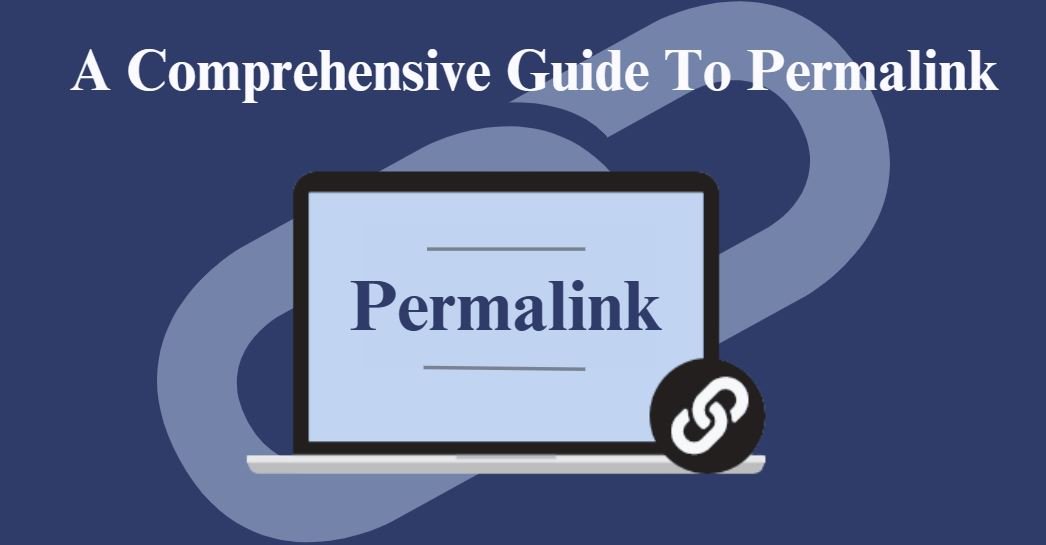Small businesses frequently need help to compete with more prominent brands online. They need more visibility to get local clients to their physical stores or online. Local SEO (Search Engine Optimization) is still a crucial technique for small businesses in 2024 to increase online presence and customer traffic.
Small businesses are left in the dark while their competitors steal all the consumers if they don’t have a solid local SEO plan. They are passing up chances for growth and potential revenue. The following local SEO strategies for small businesses will help them improve their search engine rankings and attract more nearby clients.
With the help of our techniques, you’ll be able to increase the number of nearby customers who visit your shop or website, increase traffic overall, and increase revenues. Keep your rivals from stealing the show. Take charge of your internet visibility right now by investing in important Local SEO Strategies for Small Businesses in 2024!
Understanding the Significance of Local SEO
Why is local SEO important? In any case, local search trends are influencing how customers discover and interact with local companies. Potential shoppers now use search engines like Google to find nearby goods and services. Studies indicate that 46% of all Google queries have a local focus.
Businesses may effectively reach their target audience thanks to local SEO, which makes it easier for them to be found prominently in these local search results. You improve your chances of getting relevant traffic and turning them into paying clients by optimizing your website and online listings for local searches.
Additionally, as smartphone usage increases, consumers look for businesses “near me” while on the go. Companies can profit from these micro-moments by optimising their online presence for local searches.
Employing best local SEO practises can improve your marketing initiatives by increasing brand recognition and bringing in more qualified leads to your website or physical shop location.
Keyword Research for Local SEO
Any good local SEO plan must include keyword research as a critical element. You may optimize your website and content to appear higher in local search results by knowing the search terms used by your target audience. This raises your profile and directs targeted visitors to your company. When conducting keyword research for local SEO, particular location-based keywords should be taken into consideration.
Analyzing each keyword’s search volume and amount of competition is also crucial. Increase your chances of appearing higher in local search results by including these location-specific keywords in your website’s text, meta tags, headings, and URLs. In the end, this will assist in generating more relevant visitors for your company and improving your internet exposure within the neighborhood.
On-Page SEO Strategies for Local Businesses
The importance of paying attention to meta tags, headings, and alt text must be balanced when optimizing website content. These components significantly contribute to raising the visibility of your website on search engine results pages (SERPs).
Meta tags give consumers a succinct yet informative description of your web pages, increasing the likelihood that they will click through. Headings aid in content organization and make it simpler for users and search engines to comprehend the layout of your page.
Alternate descriptions for images are provided via alt text, improving accessibility and raising the likelihood that search engines will index them. Increase the performance of your website overall and increase the possibility that it will connect with more online users by carefully optimizing these components.
Google My Business Optimization
Any company wishing a robust online presence must set up and optimize its Google My Business (GMB) page. Customers are using search engines more frequently to identify local companies, so it’s critical to make sure your GMB profile stands out and appropriately represents your company.
This entails offering precise and current information about your company, including the name, address, phone number, website URL, and operating hours. This information must be verified twice for correctness because discrepancies could be apparent to potential clients.
After creating your profile, the next step is to optimize it by adding pertinent material. This entails adding eye-catching graphics that highlight your goods or services, crafting a captivating business description that emphasizes your unique selling points, and choosing relevant categories that truly represent what your company has to offer.
Encourage consumers to submit reviews by offering excellent customer service and swiftly reacting to comments to increase your GMB profile’s visibility. Additionally, keeping clients updated about any specials or events at your business can be accomplished by routinely updating posts on GMB.
With Google Maps’ immense power, you can quickly and easily connect with potential consumers locally and abroad. By using GMB, you might enhance your online standing, increase your visibility on search engine result pages, and eventually boost customer traffic to your business.
Local Link Building and Citations
Building citations and backlinks is crucial for local businesses to increase their online presence and exposure. Citations are instances where a company’s name, address, and phone number (NAP) have been mentioned online in different directories, review websites, social media platforms, and other pertinent websites. These references not only give potential customers helpful information but also act as indicators to search engines that a company is legitimate and relevant.
On the other hand, backlinks are links that go from other websites to a company’s website. The authority and positioning of a website in search engine results pages (SERPs) can be significantly impacted by the type and quantity of backlinks.
Businesses can improve their local SEO by building citations on reliable directories relevant to their location or industry. These citations aid search engines in determining a company’s reputation and significance in its local market.
Mobile Optimization for Local Search
Consumers are increasingly using their mobile devices to find goods and services in their neighborhood as smartphones grow. It is impossible to exaggerate the significance of mobile-friendliness. Inadequate user experiences on websites that are not mobile-friendly might result in high bounce rates and lost prospective clients.
On the other hand, a website optimized for mobile devices makes sure that users can easily access and interact with your information on smaller screens. Your entire internet presence and brand reputation are significantly enhanced by mobile optimization. Customers are more inclined to interact with your company and spread the word about it when they enjoy using your website on their cell phones.
Additionally, search engines like Google give mobile-friendly websites a ranking advantage. They realize how important it is to give users a flawless browsing experience. In light of this, having a mobile-friendly website improves your chances of ranking highly in local search results.
Reviews and Reputation Management
Online reviews influence a customer’s decision-making process. Favorable evaluations can grow a brand’s reputation, win over new clients, and foster trust. On the other hand, unfavorable evaluations scare away potential consumers and damage a business’s reputation.
Businesses need to use proactive measures to manage internet reviews and reputation properly. This entails routinely checking on social media and review platforms for comments, replying swiftly to both positive and bad reviews, handling client concerns politely, and taking the appropriate actions to remedy any issues brought up.
Businesses can also concentrate on developing a solid online presence by producing engaging content, participating actively in pertinent communities and forums, and encouraging pleased customers to post favorable reviews.
Businesses may safeguard their brand image and transform unfavorable encounters into chances for improvement by managing their online reputation and reviews well. Since it immediately affects consumer impressions and ultimately impacts a company’s ability to succeed in today’s digital market, businesses must prioritize this part of their operation.
Tracking and Analytics for Local SEO
Businesses aiming to enhance their online presence and draw in local clients must measure the success of local SEO. Tracking and analytics are crucial in this process since they offer insightful data on how well local SEO methods work.
Businesses may assess the effectiveness of their local SEO initiatives by precisely analyzing key indicators like website traffic, search ranks, and online visibility in specific geographic locations. These measurements allow them to pinpoint problem areas and make informed decisions to increase their local search presence.
Businesses can track website traffic from local searches using tracking tools like Google Analytics and Google My Business Insights, which offer valuable data on user behavior, demographics, and conversion rates.
Tracking solutions offer insights into search rankings for selected keywords in particular geographies and website metrics. Businesses may evaluate the efficacy of their optimization efforts and make the required adjustments to enhance visibility by tracking keyword ranks over time in local searches.
Final Thoughts
To sum up, local SEO is essential for small businesses to grow their local clientele and raise their online presence. You can increase your website’s local search rankings and draw more clients to your company by utilizing local keywords, citation building, creating local content, using social media, using local structured data markup, encouraging online reviews, and encouraging online reviews.
Do you want to improve your local web presence as a small business owner? Implementing the most recent local SEO strategies for 2023 is essential to staying ahead of the game in today’s fast-paced digital world!

















